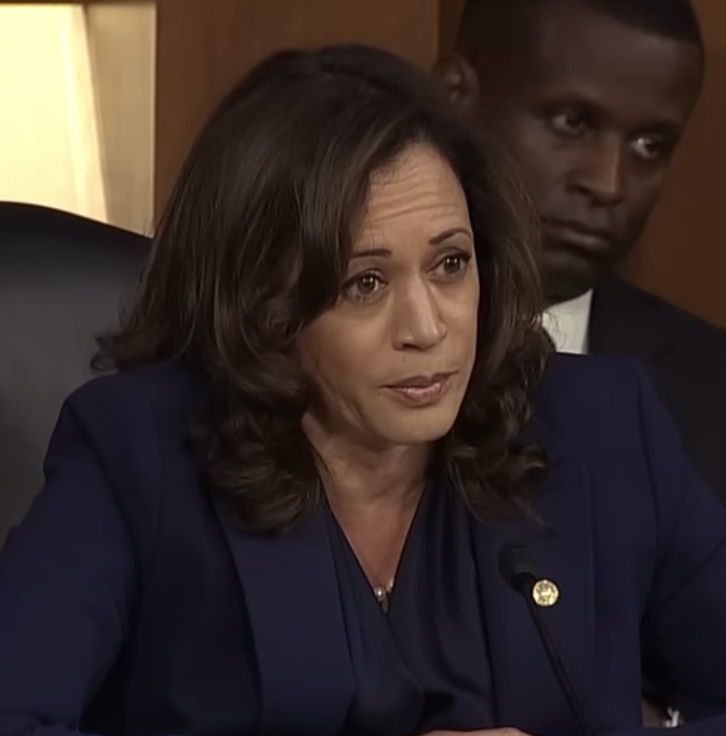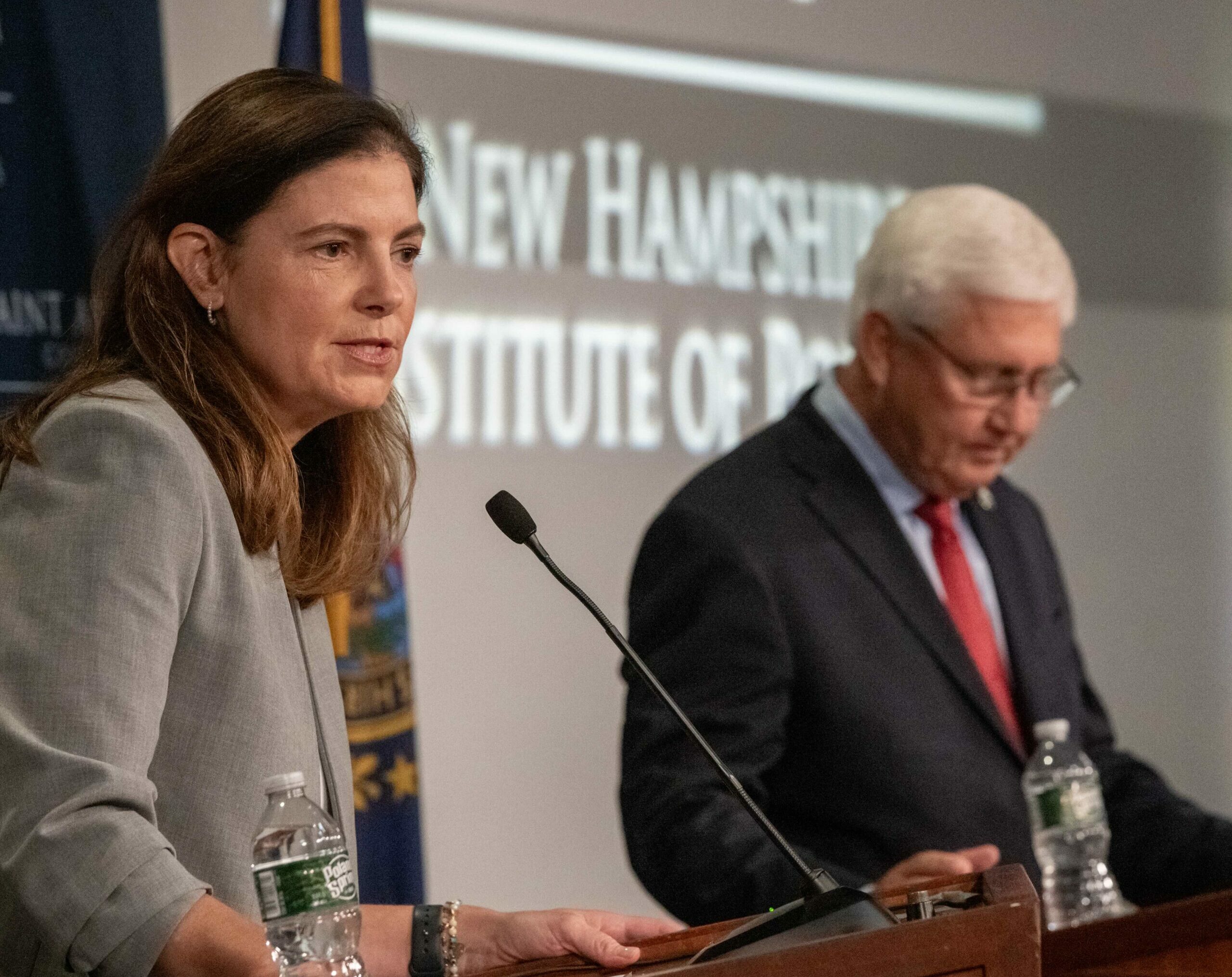U.S. Rep. Maggie Goodlander has made it clear she believes President Donald Trump is responsible for stirring up violent rhetoric that led to a bomb threat called into her Concord […]

U.S. Rep. Maggie Goodlander has made it clear she believes President Donald Trump is responsible for stirring up violent rhetoric that led to a bomb threat called into her Concord […]








